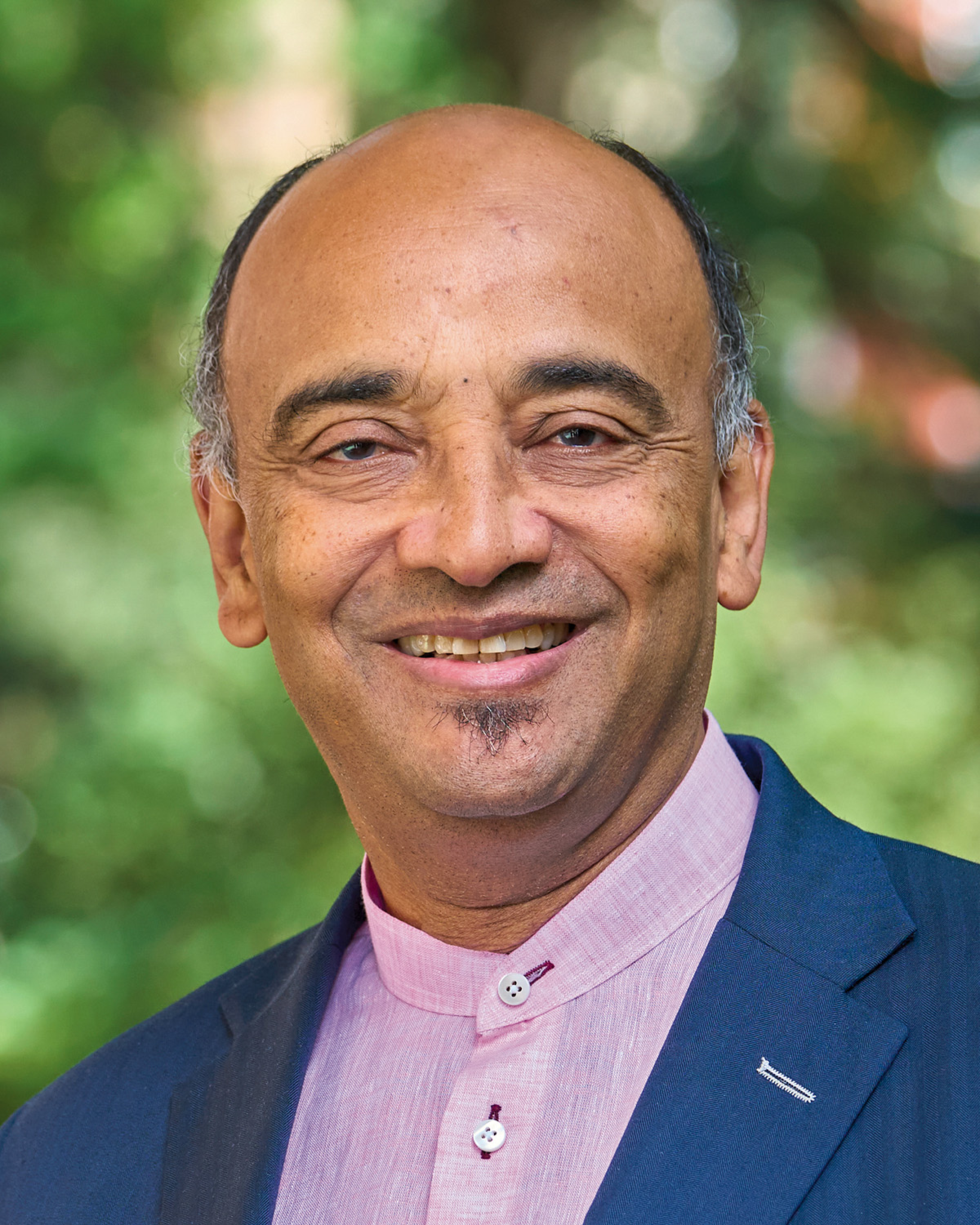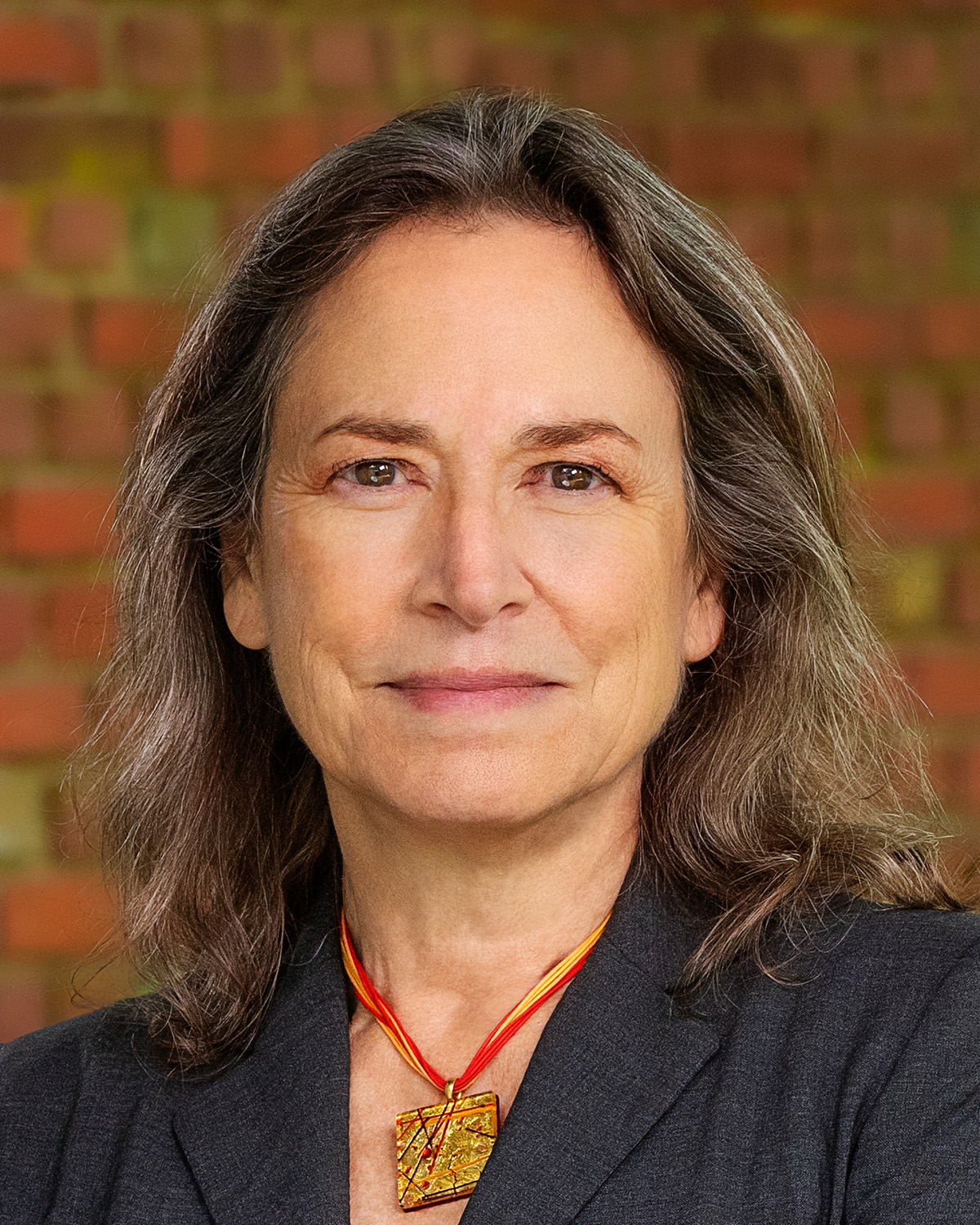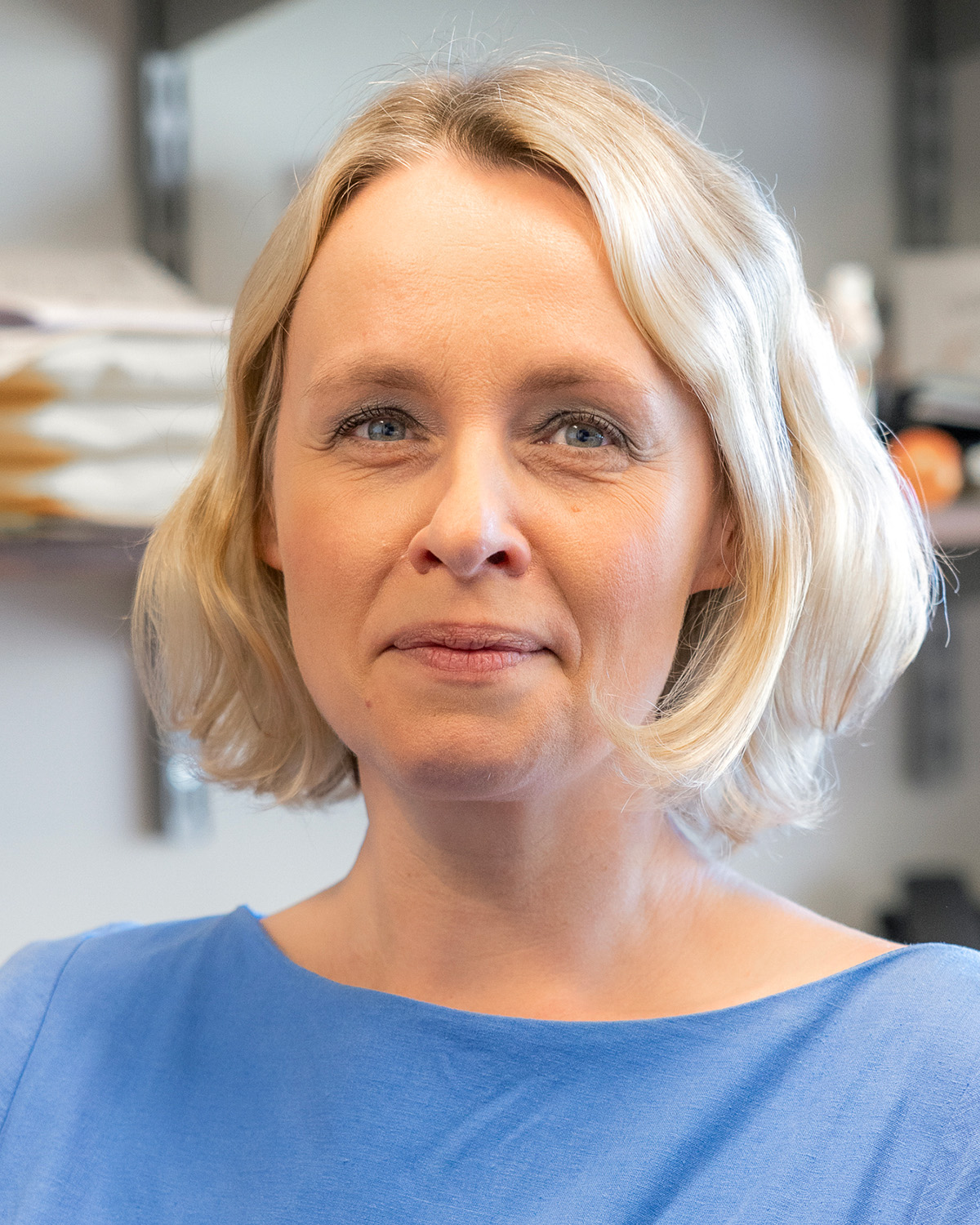
Kwame Anthony Appiah

Three members of the Princeton University faculty — Emily Carter, Jo Dunkley and Kwame Anthony Appiah — and graduate alumna Erin Schuman are among the 94 scientists and scholars who have become fellows or foreign members of the Royal Society in 2024. To receive this honor, nominees must have made "a substantial contribution to the improvement of natural knowledge, including mathematics, engineering science and medical science."

Kwame Anthony Appiah
Appiah, who is Princeton's Laurance S. Rockefeller University Professor of Philosophy and the University Center for Human Values, Emeritus, is widely known as the Ethicist at the New York Times. He is now an honorary member of the Royal Society, a recent designation intended to honor scholars who do not have the body of scientific publications that most members do. The Royal Society honored his work in "many areas of philosophy and literary and cultural studies, beginning with doctoral work in the theory of meaning, ... the intellectual history of modern African ideas about race, culture and identity, [and] questions about global ethics, defending a 'rooted cosmopolitanism.'"
Since retiring from Princeton, Appiah has taken a position as the Silver Professor of Philosophy and Law at New York University. He has also taught at Cornell, Duke, Harvard and Yale. His previous honors include an honorary fellowship at Clare College, Cambridge; the presidency of the American Academy of Arts and Letters; a National Humanities Medal presented by President Obama in 2012; and in May 2023, he delivered Princeton's Baccalaureate address. He has a B.A. and Ph.D. from the University of Cambridge, both in philosophy.

Emily Carter
Carter, now a foreign member of the Royal Society, is the Gerhard R. Andlinger Professor in Energy and the Environment at Princeton University, and the senior strategic advisor and associate laboratory director at the U.S. Department of Energy's Princeton Plasma Physics Laboratory (PPPL). She has held many roles at Princeton, including serving as the founding director of the Andlinger Center for Energy and the Environment and the dean of the School of Engineering and Applied Science.
The Royal Society honored "her pioneering development and application of quantum-mechanics-based atomic- and multi-scale simulation tools that have produced deep insights into materials science, sustainable energy and carbon mitigation." Her previous awards include election to the U.S. National Academy of Sciences, the American Academy of Arts and Sciences, the U.S. National Academy of Inventors, the U.S. National Academy of Engineering, and the European Academy of Sciences.
Carter earned her bachelor’s degree in chemistry from the University of California-Berkeley and her doctoral degree in chemistry at Caltech.

Jo Dunkley
Dunkley, Princeton's Joseph Henry Professor of Physics and Astrophysical Sciences, is named a fellow of the Royal Society for her work in "cosmology, studying the origins and evolution of the universe. She plays leading roles in the international Atacama Cosmology Telescope and Simons Observatory projects, which measure the earliest accessible image of the universe." She has played significant roles in the European Space Agency’s Planck satellite project and NASA's Wilkinson Microwave Anisotropy Probe (WMAP), for which she and the other members of the WMAP science team shared the 2017 Breakthrough Prize and the Gruber Cosmology Prize.
Her other major honors include the Order of the British Empire, the Maxwell Medal, the Rosalind Franklin award and the New Horizons prize. She received her undergraduate and master's degrees from the University of Cambridge in physics, and her Ph.D. from the University of Oxford in astrophysics. She pursued postdoctoral studies at Princeton, then taught at Oxford until she joined the Princeton faculty in 2016.
Erin Schuman, a 1990 Ph.D. graduate of Princeton in philosophy and a new foreign member of the Royal Society, is the founding director of the Max Planck Institute for Brain Research. Her other honors include membership in the German Academy of Sciences Leopoldina, the American Academy of Arts and Sciences, and the U.S. National Academy of Sciences.